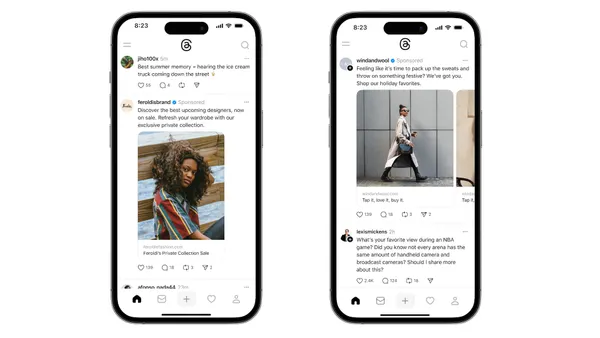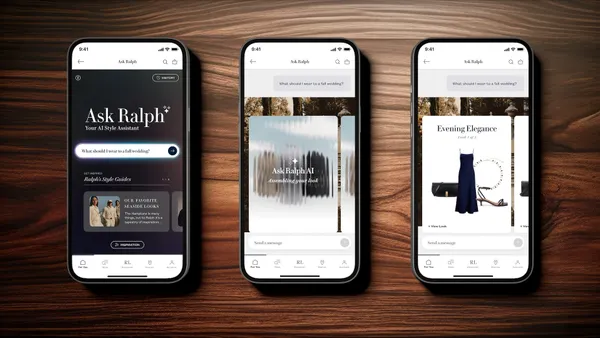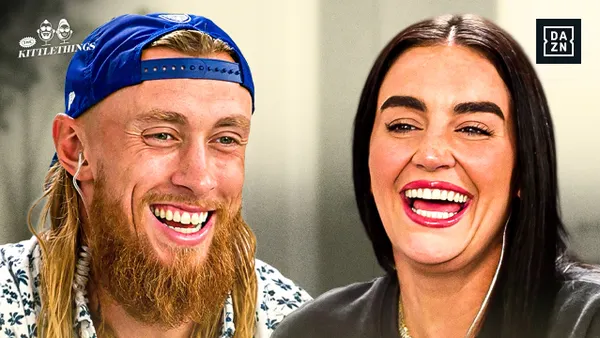Brief:
- Bio-Oil, the skincare brand marketed by Union Swiss, launched a social media campaign to support body positivity. The #LoveYourMarks promotion for its line of skincare oil to treat scars, stretch marks and uneven skin tone urges consumers to celebrate their imperfections while caring for their skin.
- The campaign includes video ads featuring women "loving their marks" on Hulu and Instagram, the image-sharing app that has more than 10 million #bodypositive posts, per Bio-Oil. The brand also partnered with beauty influencers to share how they celebrate their unique "marks" and the strength they represent.
- To add an experiential element to the campaign, Bio-Oil participated in the Create & Cultivate conference in New York in May by partnering with dermatologic surgeon Dr. Dendy Engelman. She appeared in a panel discussion on the importance of self-confidence.
Insight:
Bio-Oil is the latest brand to encourage consumers to feel good about their imperfections, a departure from the hackneyed advertising tactics that feed on people's insecurities. Those timeworn methods are less likely to be effective among skeptical consumers. Only 34% of U.S. adults said they trust most of the brands they buy or use, according to a survey by public relations firm Edelman. The wary sensibility means that marketers must be more cautious about alienating consumers while still showing how they can't live without the products being advertised.
Skincare brands like Bio-Oil especially need to avoid advertising messages that could be interpreted as "body-shaming," a phrase that's gained more popularity in the past decade, per Google Trends. With its #LoveYourMarks promotion, Bio-Oil can tout the benefits of its products while also helping people to embrace themselves, as scars and stretch marks can be associated with meaningful experiences, not a source of embarrassment. The idea is to distinguish the brand from rivals by coalescing around positive values like self-acceptance. Brands with a high sense of purpose grow twice as fast as other brands, according to Kantar research.
However, cause-driven efforts may not be breaking through with Gen Z consumers, most of whom say their impression of a brand is positively affected by an association with a social cause. Only 12% of Gen Zers have a "top of mind" association between brands they know and a social cause, per a study from consulting firm DoSomething Strategic.
In the same vein, Grammy-nominated singer Bebe Rexha this month started collaborating with fashion brand Bebe on a "Bebe Loves Bebe" campaign that celebrates the "idea of loving and accepting yourself." American Eagle's Aerie this year expanded its #AerieREAL Role Model team for the spring 2019 season. The #AerieReal program launched in 2014 and works with diverse, body-positive partners who appear in unaltered marketing materials. Pop singer Rihanna's Savage x Fenty brand has taken the body-positivity positioning common with undergarment makers a step further by emphasizing diverse models and products that appeal to women of different skin colors and body sizes.
Unilever's Dove brand was an early adopter of the body-positivity trend with its Campaign for Real Beauty that kicked off in 2004. The campaign was inspired by an Edelman study of more than 3,000 women in 10 countries that found just 2% of women considered themselves beautiful, Huffington Post reported. Dove's "Real Beauty Sketches" spot that shows women describing their appearances to a forensic sketch artist has racked up almost 69 million views on YouTube. The three-minute spot became the most-watched video ad of all time after being released in 2013, Mashable reported.












